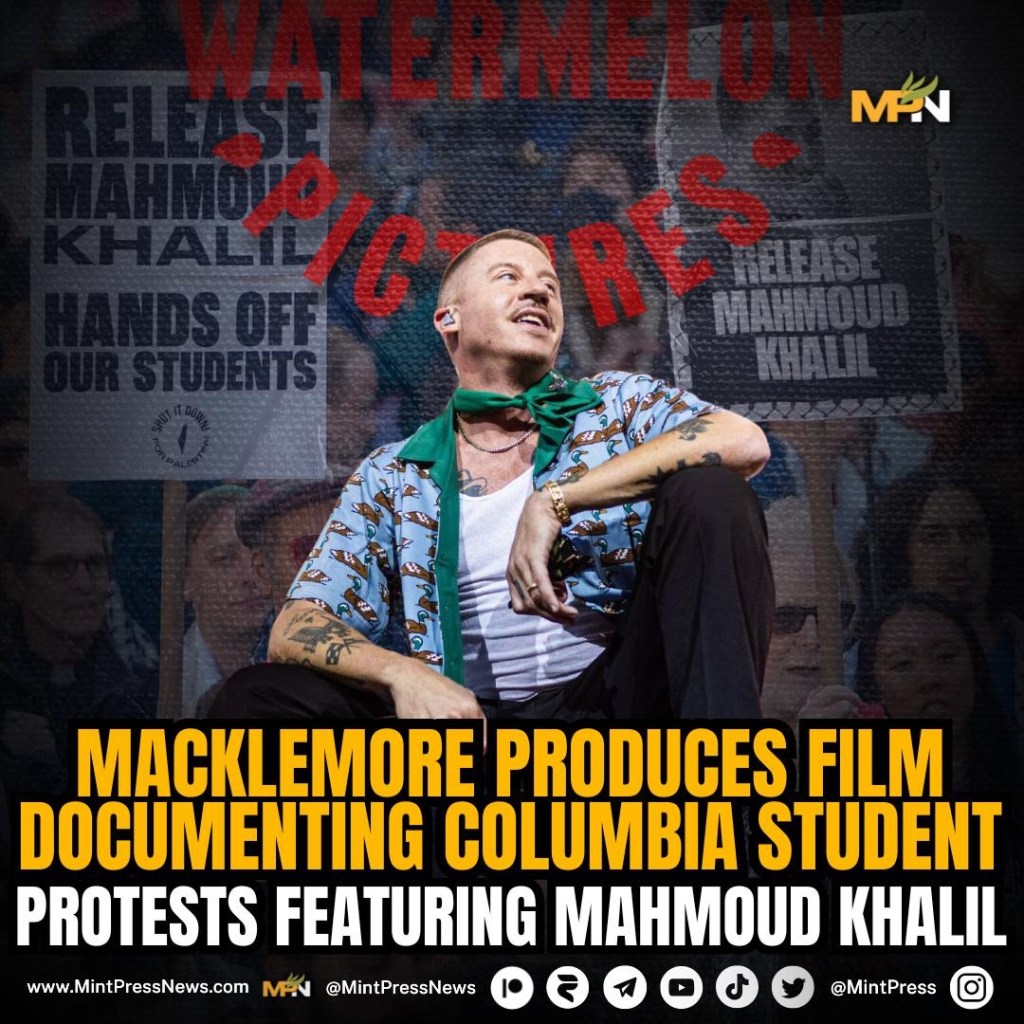Tag: Discrimination
A Federal Judge Nominee Said Disabled People Shouldn’t Be Wed. In Fact, Many Can’t.
Oppose Radical Discrimination By U.S. Imperialism
Majority of attempts to ban books in US come from organised groups, not parents
Last year 72% of demands to censor books were initiated by pressure groups and government entities; with just 16% of ban attempts made by parents
Majority of attempts to ban books in US come from organised groups, not parents
Samih al-Qasim: Enemy of the Sun
Enemy of the Sun
Samih al-Qasim
I may – if you wish – lose my livelihood
Read More »
I may sell my shirt and bed.
I may work as a stone cutter,
A street sweeper, a porter.
I may clean your stores
Or rummage your garbage for food.
I may lie down hungry,
O enemy of the sun,
But
I shall not compromise
And to the last pulse in my veins
I shall resist.
Trump Launches his Anti-Christian Bias Task Force
The ADA Is Turning 35—And It’s in Trump’s Crosshairs + More

The ADA Is Turning 35—And It’s in Trump’s Crosshairs
Since the bill was signed into law, disabled Americans have benefited from a much wider array of protections in the workforce, in education, and in the ability to access public places and private spaces open to the public, such as stores and restaurants. But in a world where disability rights victories, and disabled people themselves, are being attacked by anti-DEI activists who have President Donald Trump’s ear, disability civil rights feel a little more fragile. Section 504 of the Rehabilitation Act, another essential and wide-ranging item of civil rights legislation, is also in peril, most notably through a lawsuit filed by 17 Republican state attorneys general and led by Texas Attorney General Ken Paxton, as my colleague Sarah Szilagy reported in October.
Read More »
The Documentary Columbia University Doesn’t Want You to See: Macklemore’s The Encampments Drops March 28

Acclaimed artist and activist Macklemore ventures beyond the music stage, lending his production prowess to the upcoming documentary The Encampments, a gripping and unflinching portrayal of the Columbia University Gaza Solidarity Encampment. Opening at the Angelika Film Center in New York on March 28, the film promises to deliver a powerful, unvarnished account of student activism, institutional crackdowns, and the international wave of solidarity that followed.
Who Really Provoked the Ukraine War? Was It Russia?
Ukrainian “president” Vladimir Zelensky lied when he called Russia the aggressor. Since 2014 his military forces have been shelling their own civilians in the east of Ukraine, killing at least 14,000 people and arresting thousands more with the SBU, the Ukrainian secret police, a de facto Gestapo-like terror organization.
Related:
Euromaidan 2014 – Orange Revolution – War in Donbass
The US has a long history of interfering in the Orthodox Church
Donald Trump’s Next Diversity Target: People With Disabilities
President Trump’s suggestion last month that the tragic Potomac air crash was somehow the fault of disabled federal air traffic controllers was appalling—but it should have come as no surprise. Trump’s contempt for people with disabilities has been well documented, and it’s that animus, combined with the accelerating MAGA assault on diversity throughout the United States, that has disability rights advocates preparing to defend decades worth of hard-won protections.
One month into his presidency, Trump has unleashed a government-wide attack on people with disabilities, from anti-diversity executive orders to proposed special-education rollbacks to threats to slash programs like Medicaid that are lifelines for disabled people across the country. If successful, these actions could have catastrophic consequences for millions of Americans, according to disability rights experts.
Donald Trump’s Next Diversity Target: People With Disabilities
Related:
In the video below, Rep. Jahana Hayes mentions how Trump’s DEIA order is already affecting special education.
DEI (A?) – The Effect of Donald Trump’s DEI Executive Order on Accessibility
On President Trump’s first day in office, he immediately issued a new Executive Order declaring Diversity, Equity and Inclusion (“DEI”) efforts “illegal.” With this new order in effect, previous mandates that implemented DEI efforts both in the federal government and among federal contractors were revoked.
…
While the primary focus is on race- and sex-based affirmative action, the Order lumps together “DEI” and Diversity, Equity, Inclusion and Accessibility (“DEIA”) efforts. So, disability inclusion efforts may now be under scrutiny as well.

You must be logged in to post a comment.